#ad [recommended product]
Introduction
Resveratrol has long been hailed as a miracle molecule for longevity. It’s a natural compound found in red wine, grapes, and some berries with powerful antioxidant potential to slow down the aging process. But what’s the real story behind resveratrol for anti-aging? Is it truly a miracle worker, or are we just sipping on wishful thinking?
For years, scientists have been intrigued by the “French Paradox”—the observation that French people have relatively low rates of heart disease despite a diet high in saturated fat. The secret, many believe, lies in their regular consumption of red wine, and more specifically, its star ingredient: resveratrol. This has sparked a firestorm of research and a booming market for resveratrol supplements. In this article, we’ll cut through the noise and get down to the nitty-gritty of what science says about resveratrol’s effectiveness, its safety profile, and how it stacks up against other anti-aging treatments. So, pour yourself a glass of… well, whatever you fancy, and let’s explore whether resveratrol is the key to a more youthful you.
Effectiveness of Resveratrol
When we talk about anti-aging, what are we really hoping for? Better skin? A sharper mind? A healthier heart? The claims surrounding resveratrol cover all these bases and more. But does it actually work? Let’s take a look at the evidence.
Mechanism of Action
So, how does this supposed wonder molecule work? Resveratrol’s primary claim to fame is its ability to activate a group of proteins called sirtuins, specifically SIRT1. Think of sirtuins as the CEOs of your cells; they’re in charge of regulating various cellular processes, including aging, inflammation, and resistance to stress.
Here’s the deal:
- Sirtuin Activation: By activating SIRT1, resveratrol essentially mimics the effects of caloric restriction, a proven method for extending lifespan in many organisms. It’s like getting the benefits of a diet without having to give up your favorite foods!
- Antioxidant Power: Resveratrol is a potent antioxidant, meaning it helps protect your cells from damage caused by unstable molecules called free radicals. This oxidative stress is a major contributor to aging and many chronic diseases.
- Anti-Inflammatory Properties: Chronic inflammation is another key player in the aging process. Resveratrol has been shown to help quell inflammation, further protecting your body from age-related decline.
Essentially, resveratrol seems to work on multiple fronts, targeting several of the underlying causes of aging. It’s a multi-talented compound, to say the least.
Clinical Research Results
This is where the rubber meets the road. While lab studies and animal research on resveratrol have been incredibly promising, the results in humans have been a bit of a mixed bag. It’s not quite the open-and-shut case we might hope for.
Some studies have shown positive effects on:
- Cardiovascular Health: Research suggests resveratrol can improve various markers of heart health, such as lowering “bad” LDL cholesterol and blood pressure.
- Brain Function: Some clinical trials have found that resveratrol supplementation can enhance memory and cognitive performance in older adults.
- Metabolic Health: There’s evidence that resveratrol may improve insulin sensitivity, which is crucial for preventing type 2 diabetes.
However, it’s important to keep a level head. Many of these studies have been small, and the results haven’t always been consistent. The bottom line? While the initial research is exciting, we need more large-scale, long-term human trials to definitively say that resveratrol is a game-changer for anti-aging.
Dosing
Figuring out the right dose of resveratrol is tricky. The amounts used in clinical studies vary wildly, from as little as 500 milligrams per day to 1500mg. To make matters more complicated, the resveratrol content in foods like red wine is quite low. You’d have to drink hundreds of bottles to get the doses used in some studies—and that would obviously cause a whole host of other problems!
Most supplements on the market contain between 250 and 500 milligrams of resveratrol per capsule. As of now, there’s no official recommended dosage, so it’s a bit of a gray area. The best advice? Start with a lower dose and see how your body responds. And, of course, talk to your doctor before starting any new supplement.
Comparable Efficacy to Other Similar Treatments
How does resveratrol stack up against other popular anti-aging supplements and treatments? It’s a fair question. When you look at other antioxidants like CoQ10, Vitamin C, or E, resveratrol seems to have a more unique mechanism through sirtuin activation.
When you compare it to treatments like NMN, the evidence for resveratrol is less robust. NMN works by boosting NAD+ levels that decline as we age. Each compound has its own unique benefits and its often better to take them together for a more holistic approach to aging. For now, it’s probably best to think of resveratrol as a potentially valuable player on your anti-aging team, rather than the star quarterback.
Safety of Resveratrol
No matter how promising a supplement seems, safety should always be the top priority. Fortunately, resveratrol is generally considered safe for most people, but there are a few things to keep in mind.
Adverse Effects
For the most part, resveratrol is well-tolerated, especially at the doses typically found in supplements. Some people might experience mild side effects, such as:
- Upset stomach
- Diarrhea
- Nausea
These issues are more common at higher doses, usually over 2.5 grams per day. The good news is that serious side effects are rare.
Drug Interactions
This is a big one. Resveratrol can interact with certain medications, so you need to be cautious.
- Blood Thinners: Because resveratrol can have a mild blood-thinning effect, taking it with medications like warfarin (Coumadin), clopidogrel (Plavix), or even aspirin could increase your risk of bleeding.
- NSAIDs: Combining resveratrol with nonsteroidal anti-inflammatory drugs like ibuprofen or naproxen could also elevate bleeding risk.
- Blood Pressure Medications: Resveratrol might lower blood pressure, so if you’re already on medication for hypertension, taking it could cause your blood pressure to drop too low.
- CYP Enzymes: Resveratrol can affect how your liver metabolizes certain drugs. This is a complex area, so it’s absolutely crucial to discuss it with your doctor or pharmacist if you’re taking any prescription medications.
Precautions
While generally safe, some groups of people should exercise extra caution with resveratrol:
- Pregnant and Breastfeeding Women: There simply isn’t enough research to know if resveratrol is safe for these individuals. It’s best to err on the side of caution and avoid it.
- Hormone-Sensitive Conditions: Resveratrol can have estrogen-like effects. If you have a condition like breast cancer, uterine cancer, or endometriosis, you should avoid resveratrol until we know more.
- Upcoming Surgery: Due to its blood-thinning properties, you should stop taking resveratrol at least two weeks before any scheduled surgery.
Frequently Asked Questions (FAQs)
1. Can I get enough resveratrol from red wine alone? While red wine does contain resveratrol, the amount is relatively small. You’d have to drink an unhealthy amount of wine to get the therapeutic doses used in many studies. A supplement is a more practical way to get a concentrated dose.
2. What is the best form of resveratrol to take? Look for supplements containing trans-resveratrol. This is the most stable and biologically active form of the compound.
3. How long does it take to see results from taking resveratrol? Don’t expect overnight miracles. The benefits of resveratrol, if any, are likely to be subtle and accumulate over time. Most clinical studies last for at least a few months.
4. Is resveratrol for anti-aging a proven strategy? Not yet. The science is still emerging. While promising, we need more definitive human studies before we can say for sure that resveratrol is an effective anti-aging tool.
Conclusion
So, what’s the final verdict on resveratrol for anti-aging? The truth is, it’s a complex and evolving story. There’s no doubt that resveratrol is a fascinating compound with some serious scientific potential. Its ability to activate sirtuins and act as a powerful antioxidant makes it a compelling candidate in the fight against aging.
However, we have to be realistic. The research in humans is still in its early stages, and the results have been inconsistent. It’s not the fountain of youth in a pill, at least not based on what we know today. Think of it as a promising prospect rather than a proven champion. If you’re generally healthy and you’ve discussed it with your doctor, trying a resveratrol supplement is unlikely to be harmful and might offer some benefits. But for now, the tried-and-true pillars of anti-aging—a healthy diet, regular exercise, and sun protection—remain your best bet. The journey to a healthier, more youthful you is a marathon, not a sprint, and resveratrol may just be one of the helpful water stations along the way.
References
- Gal R, Deres L, Toth K, Halmosi R, Habon T. The Effect of Resveratrol on the Cardiovascular System from Molecular Mechanisms to Clinical Results. Int J Mol Sci. 2021 Sep 21;22(18):10152. doi: 10.3390/ijms221810152. PMID: 34576315; PMCID: PMC8466271.
- Witte AV, Kerti L, Margulies DS, Flöel A. Effects of resveratrol on memory performance, hippocampal functional connectivity, and glucose metabolism in healthy older adults. J Neurosci. 2014 Jun 4;34(23):7862-70. doi: 10.1523/JNEUROSCI.0385-14.2014. PMID: 24899709; PMCID: PMC6608268.
- Zhu X, Wu C, Qiu S, Yuan X, Li L. Effects of resveratrol on glucose control and insulin sensitivity in subjects with type 2 diabetes: systematic review and meta-analysis. Nutr Metab (Lond). 2017 Sep 22;14:60. doi: 10.1186/s12986-017-0217-z. PMID: 29018489; PMCID: PMC5610395.
Recommended Story For You :

Look weight gain and weight loss are serious concerns of yours and I get it.
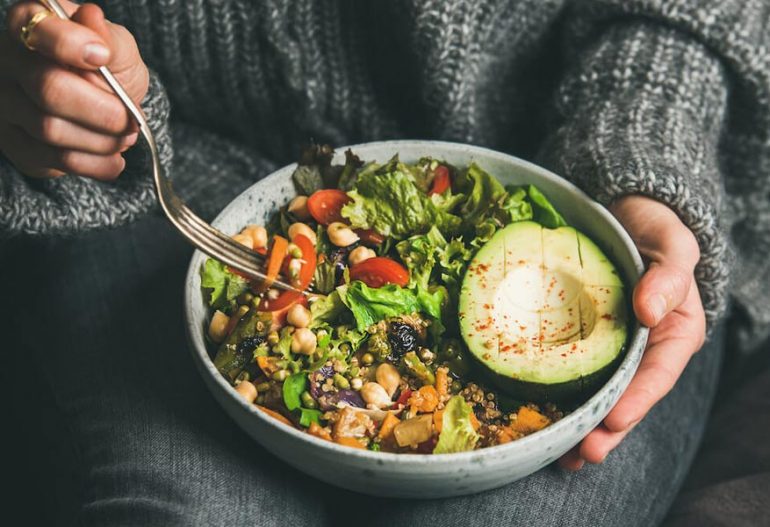
Flavourful Vegan Recipes Covering Everything From Burrito Bowls To Chocolate Mousse

The keto diet is not just a diet it is a lifestyle change!

Pizza is Doubly Addictive with Two Morphine-Like Compounds in Every Crusty-Chewy Slice!
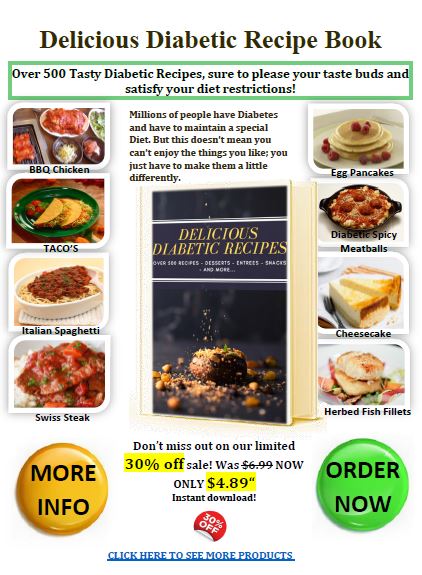
Delicious diabetic recipes- over 500 recipes-Desserts-Entrees-Snacks-and more.
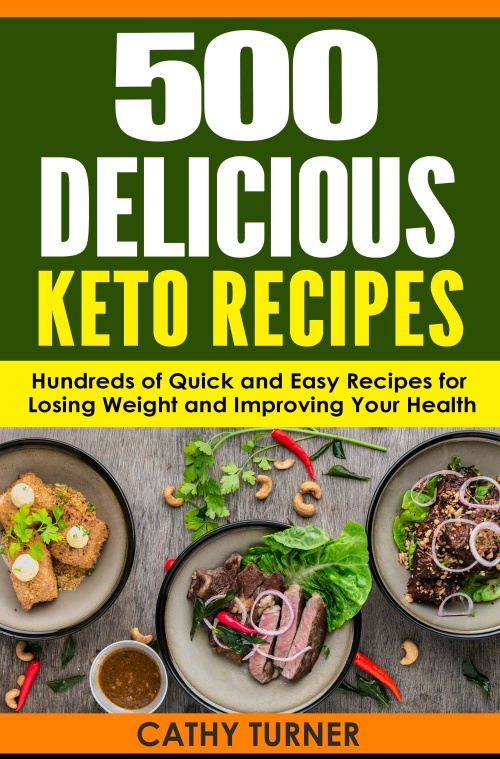
An amazing collection of easy and delicious keto recipes.

Homemade Desserts just got quicker easier and smarter.
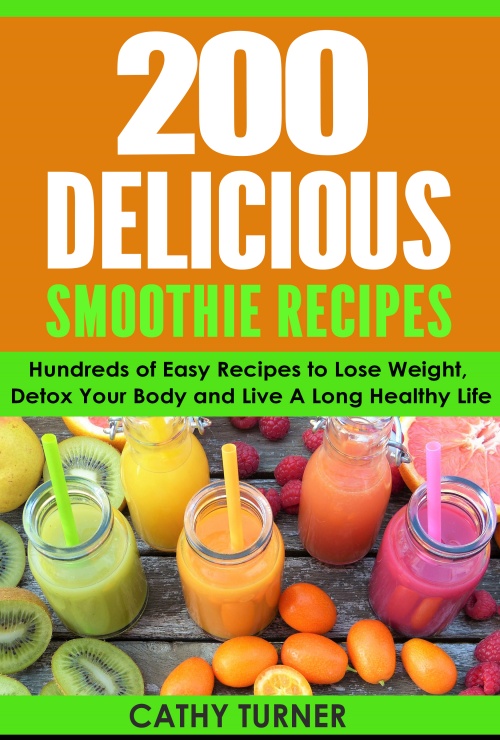
Boosting your health is easier than you think- smoothies make everything taste better.
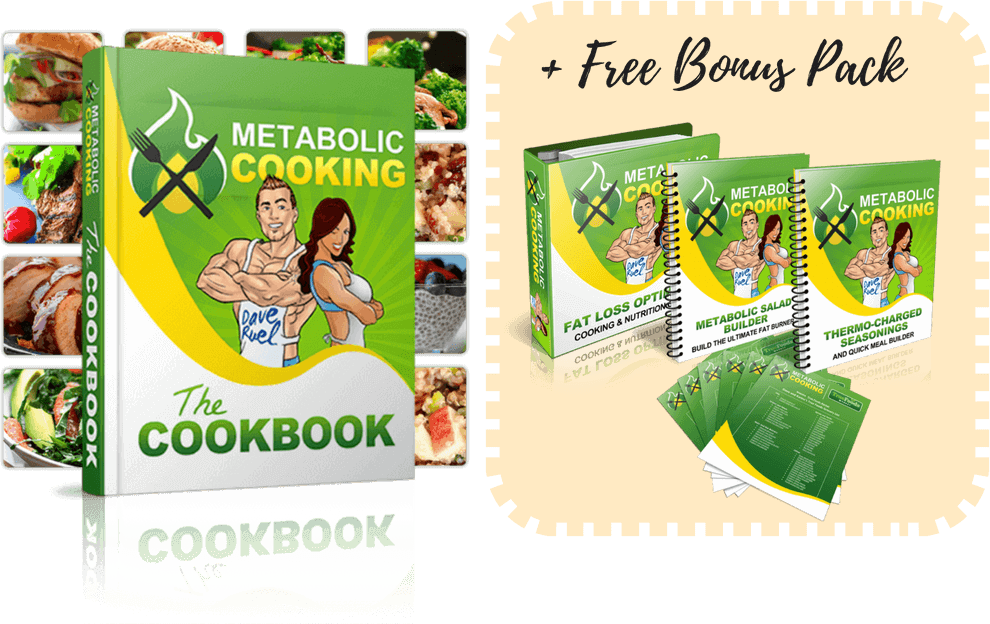


Comments
13 responses to “The Truth About Resveratrol for Anti-Aging: Can This Compound Turn Back the Clock?”
how to buy androxal generic for sale
how to buy androxal generic sale
order enclomiphene cheap from usa
order enclomiphene cheap uk
how to order rifaximin cheap no prescription
get rifaximin buy in london
online order xifaxan generic uk next day delivery
how to buy xifaxan price in canada
get staxyn price in us
hwat ise the price of staxyn
buy avodart buy in the uk
online order avodart uk buy online
buy cheap dutasteride australia discount
discount dutasteride generic good
online order flexeril cyclobenzaprine uk online pharmacy
buy flexeril cyclobenzaprine generic low price
gabapentin without a r x
purchase gabapentin cheap with prescription
cheap fildena price south africa
get fildena price usa
ordering itraconazole cheap europe
cheap itraconazole prescriptions
koupit recept kamagra online
koupit kamagra bez lékařského předpisu
achetez kamagra le lendemain, commande de livraison fedex le lendemain kamagra cod
pharmacie canada kamagra générique